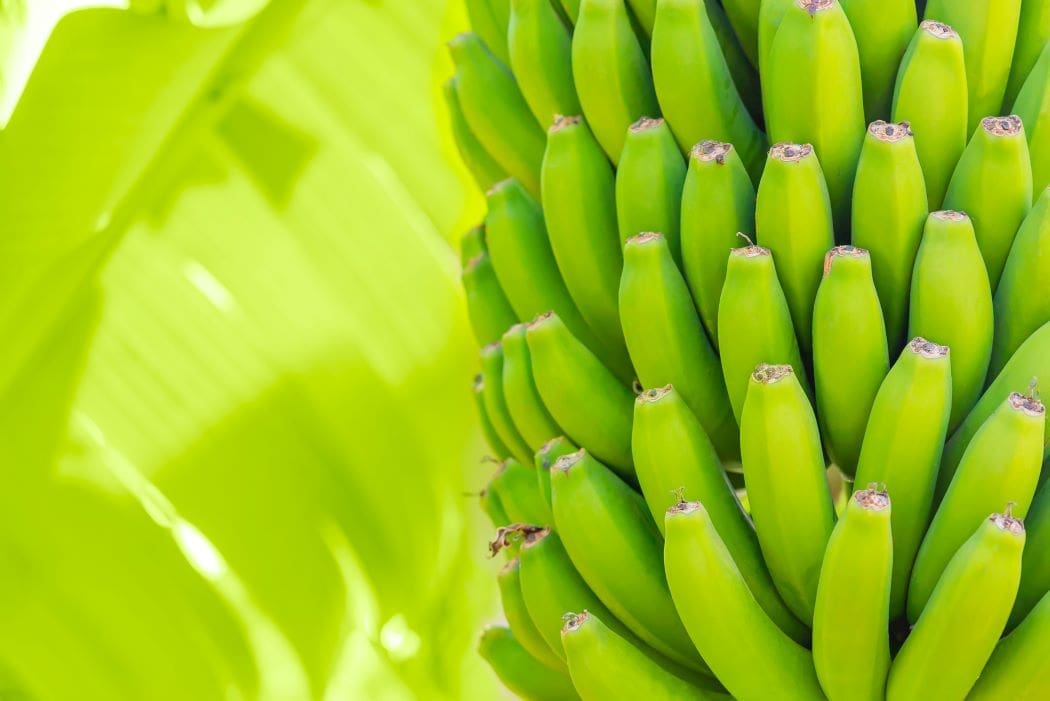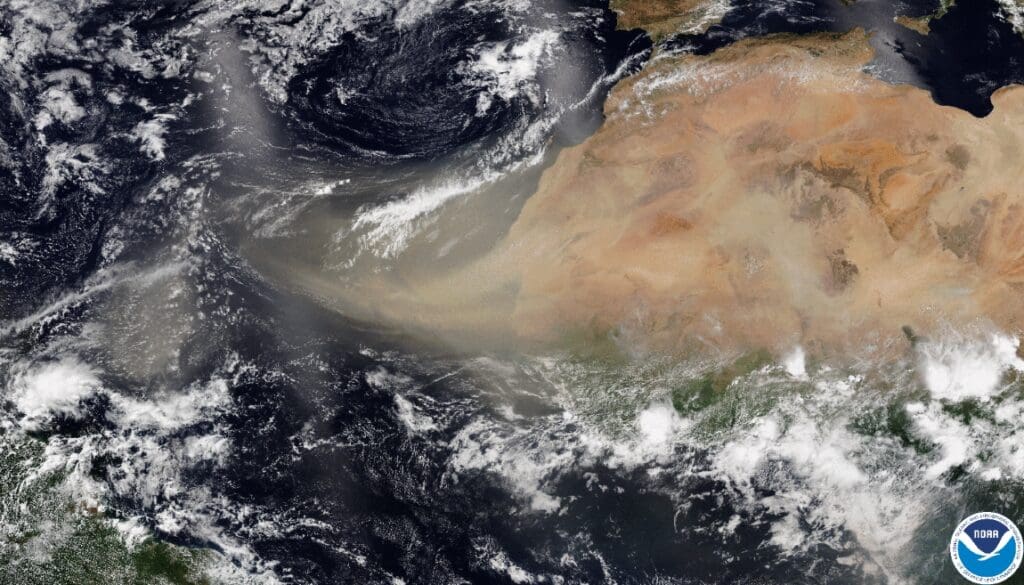Summary:
Banana exports, a $11 billion industry crucial to many economies, face a severe threat from climate change.
A new study published in Nature Food warns that rising temperatures could make it economically unsustainable for much of Latin America and the Caribbean to continue growing bananas for export by 2080. Researchers from the University of Exeter found that 60% of the land currently used for intensive banana production may become unsuitable, with countries like Colombia and Costa Rica expected to be among the hardest hit.
The study highlights that beyond climate factors, socioeconomic constraints — including access to labor and export infrastructure — further limit adaptation efforts. While some regions, such as Ecuador and parts of Brazil, may remain viable, the overall future of banana exports is increasingly uncertain. The researchers suggest strategies like improved irrigation and breeding heat-tolerant banana varieties as essential steps to help sustain production in a warming world.

Climate change is rapidly reducing the ability of banana producers to supply one of our favourite fruits.
New research from the University of Exeter has found it will be economically unsustainable by 2080 for many areas across Latin America and the Caribbean to continue growing bananas for export, because of rising temperatures caused by climate change.
Bananas are a key export crop worth $11 billion (£8.9 billion) annually and are crucial for the economies of many countries. Yet in just over half a century, 60 per cent of the regions currently producing bananas will struggle to grow the fruit unless there are urgent interventions to tackle climate change.
The study also found that socioeconomic factors, such as labour availability and infrastructure, significantly constrain climate change adaptation. Most banana production occurs near densely populated areas and ports, limiting the potential for relocation to more suitable regions.
Professor Dan Bebber from the University of Exeter led the study and said: “Our findings are a stark reminder that climate change is not just an environmental issue but a direct threat to global food security and livelihoods. Without substantial investment in adaptation, including irrigation and heat-tolerant banana varieties, the future of export banana production looks uncertain.
“Bananas are one of the world’s most important fruits, not only for consumers but for millions of workers in producing countries. It’s crucial we act now to safeguard the industry against the dual threats of climate change and emerging diseases.”
The researchers developed a new method using satellite imagery to map banana production in Latin America and the Caribbean at very high resolution and then estimated the climate under which bananas are preferentially grown. Their findings showed climate change will reduce the best areas for banana growth and yields in many important producer countries, as well as increasing worker exposure to extreme temperatures.
Countries such as Colombia and Costa Rica will be the most negatively impacted as they are expected to become too hot for optimal cultivation. Ecuador and parts of Brazil are among the few areas to remain as important producers, as climate change is projected to be less severe there.
The researchers propose several adaptation strategies, including expanding irrigation infrastructure, breeding heat- and drought-tolerant banana varieties, and supporting banana producers to manage climate risks.
Dr Varun Varma of Rothamsted Research developed the remote sensing algorithms for the work and further assistance was provided by José Antonio Guzmán Alvarez of the Costa Rican organisation CORBANA, who support the national banana industry.
The study is published in Nature Food and was funded by the Global Food Security Programme and Horizon 2020.
Journal Reference:
Varma, V., Mosedale, J.R., Alvarez, J.A.G. et al., ‘Socio-economic factors constrain climate change adaptation in a tropical export crop’, Nature Food (2025). DOI: 10.1038/s43016-025-01130-1
Article Source:
Press Release/Material by Tom Seymour | University of Exeter
Featured image credit: GarryKillian | Freepik




